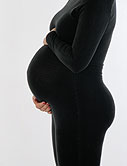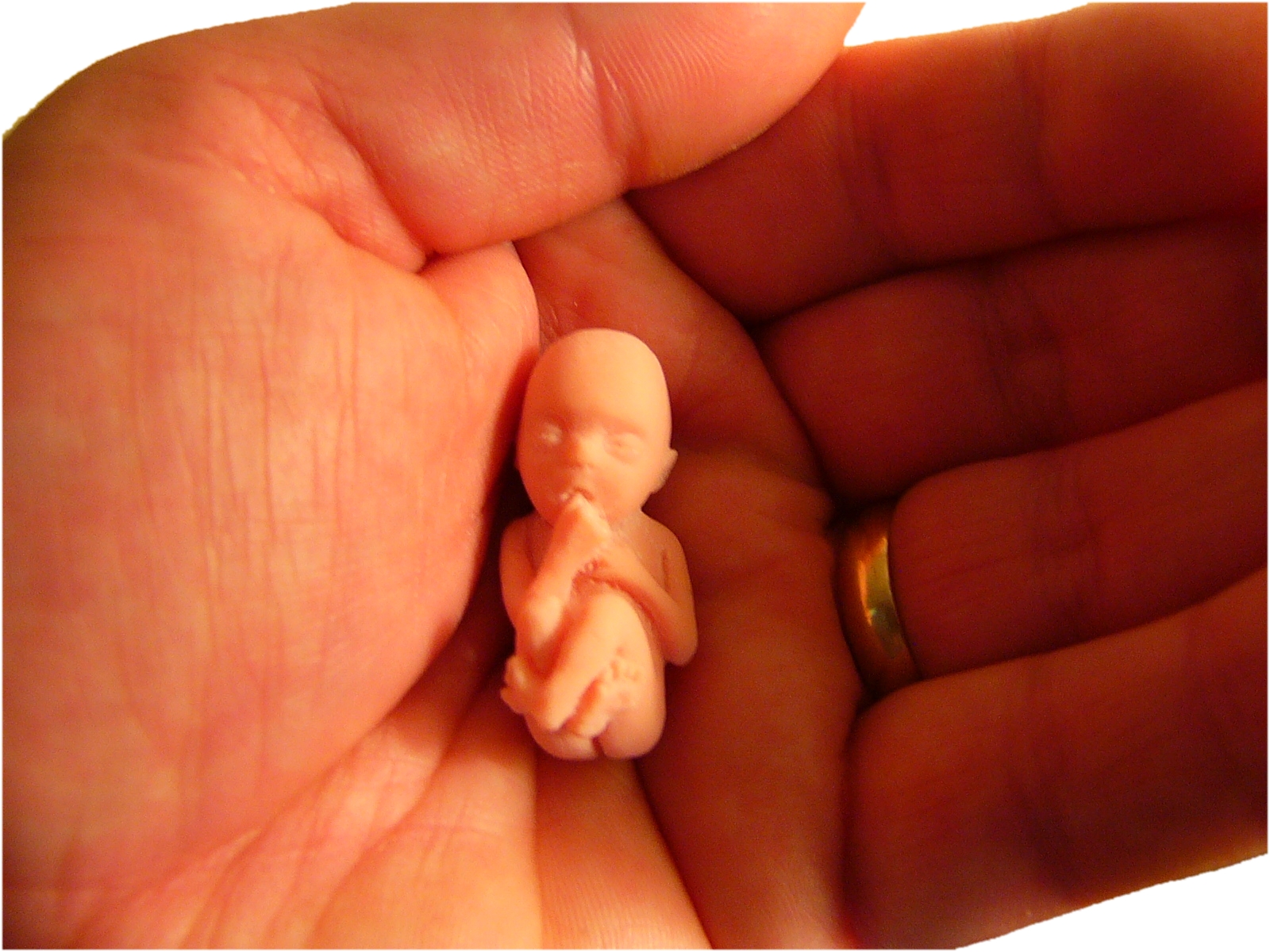
THURSDAY, May 29, 2014 (HealthDay News) — Getting pregnant may be contagious among long-time friends — when one woman has a baby, her former high school classmates are more likely to intentionally get pregnant within the next two years, according to new research.
“Our study shows that friend effects have a significant and strong influence on when a woman has her first child,” said study co-author Nicoletta Balbo, a postdoctoral researcher with Bocconi University in Milan, Italy. “And it’s interesting to note that our high school friends might play a relevant role in our fertility decisions well after the end of high school.”
Balbo and co-author Nicola Barban, a postdoctoral fellow in the department of sociology at the University of Groningen in the Netherlands, launched the study to gain a better understanding of how women choose to have children.
“We are trying to shed some light on the possible mechanisms via which people in our personal network, and specifically friends, may affect your decision of having children,” Balbo said.
“Although everyday life and experience shows that friends influence our life decisions, such an influence on an individual’s fertility and family decisions is still understudied, and empirical scientific evidence is still scarce,” she added.
The study authors examined surveys of just over 1,900 U.S. women who were followed by researchers from their high school years in the 1990s to 2008 or 2009, when they were between 26 and 33 years old. The women answered questions about their lives, including their friends.
Of the women, 820 became parents. The average age at first birth for women in the study was just over 27 years. A bit more than half of the women said their pregnancies were unintended.
The researchers found that intended births — but not unintended ones — were more likely after a friend had a baby, especially about two years after.
“A friend’s childbearing positively influences an individual’s risk of becoming a parent. We found this effect to be short-term . . . An individual’s risk of childbearing starts increasing after a friend’s childbearing, reaches a peak around two years later, then decreases,” the study authors wrote in the June issue of American Sociological Review.
Why might friends be such an influencing factor? Balbo and Barban theorize that “a friend’s childbearing experience may be an important source of learning, because it provides relevant and useful information about how to face the transition to parenthood” and “a friend’s behavior can be a source of influence because people compare themselves to their friends.”
The study’s findings only examine the effect of high school friends, not those made in college or years later in early adulthood. The researchers also didn’t look at the role of males in pregnancies.
Patricia East, a developmental psychologist and research scientist at the University of California, San Diego School of Medicine, said the theories are sound. “It would be interesting in future studies to look at aspects of the friend relationship and see if jealousy, closeness, rivalry, and spending a lot of time with one another further increases the risk of early parenting,” she said.
What about the role of the men who are getting women pregnant? “Men’s fertility behavior is very difficult to study because one can never be sure that a specific man caused a particular pregnancy barring a blood test, which is very expensive,” East said.
More information
For more about planning a pregnancy, visit Womenshealth.gov.
Copyright © 2026 HealthDay. All rights reserved.

